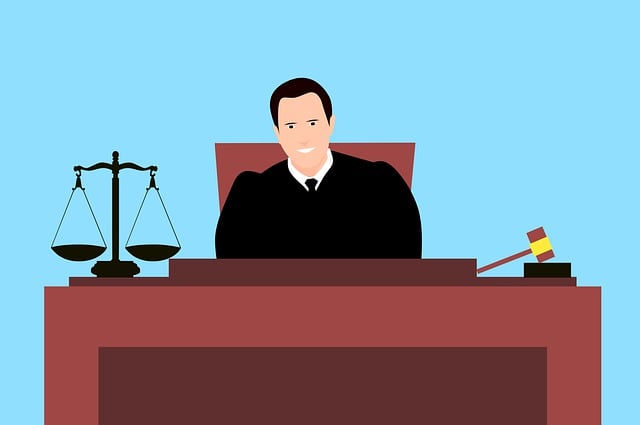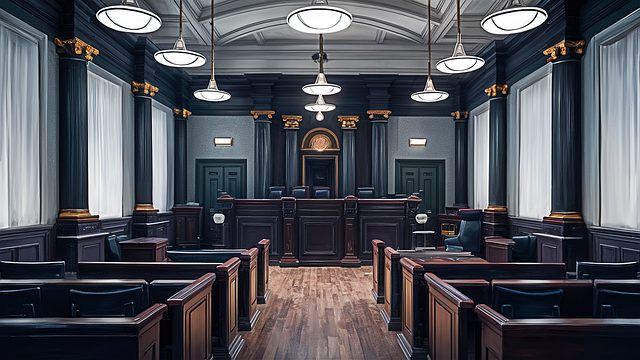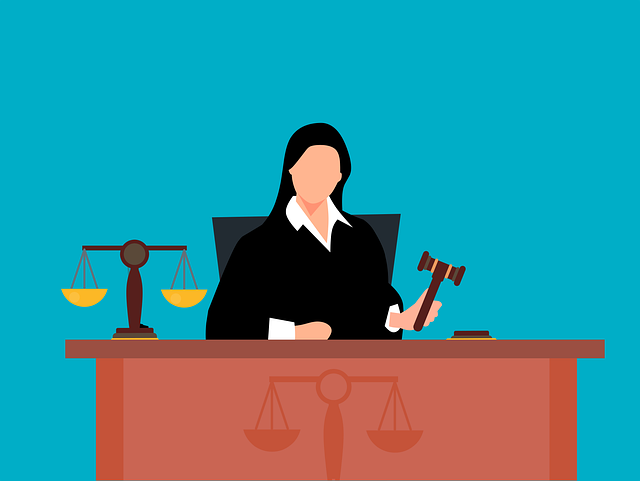Oregon's criminal justice system prioritizes fair trial rights protection through a balanced approach. The process includes arrest, initial appearance, hearings, and trials with strict regulations governing evidence and legal procedures. Key protections like the right to remain silent, an impartial jury, and appeals ensure defendants receive a thorough and just adjudication, upholding fair trial rights protection for all accused individuals.
“In Oregon, a deep understanding of the state’s criminal defense regulations is paramount for ensuring just outcomes. This comprehensive guide delves into the intricacies of Oregon’s criminal justice system, focusing on vital aspects such as fair trial rights protection, constitutional privileges, evidence handling, and appeals procedures. By exploring these key areas, individuals can navigate the complex legal landscape with confidence, knowing their rights are safeguarded throughout the process.”
- Understanding Oregon's Criminal Justice System
- Fair Trial Rights: A Comprehensive Overview
- Protecting Defendants' Constitutional Privileges
- The Role of Evidence and Legal Procedures
- Navigating Appeals and Post-Trial Protections
Understanding Oregon's Criminal Justice System

Oregon’s criminal justice system is a complex web designed to balance public safety with individual fair trial rights protection. At its core, the system ensures that every accused person receives due process, as guaranteed by the U.S. Constitution and Oregon state laws. Understanding this framework is crucial for anyone facing criminal charges in the state.
The process begins with the arrest, followed by an initial appearance where the defendant is informed of the charges against them. From there, the case navigates through various stages, including preliminary hearings, grand juries, and ultimately a trial before a judge or jury. This journey is governed by strict regulations aimed at upholding the rights of the accused while providing justice for victims. Fair trial rights protection are paramount, ensuring that Oregon’s criminal defense regulations are both comprehensive and transparent.
Fair Trial Rights: A Comprehensive Overview

In Oregon, ensuring a fair trial is paramount in criminal defense. The state constitution and various legal statutes guarantee a robust framework to protect individuals from injust trials. Fair trial rights encompass several key protections. One of the most crucial is the right to an impartial jury, where jurors must be unbiased and free from any influence that could skew their judgment. Additionally, defendants are entitled to a public trial, enabling community oversight and transparency in the judicial process.
Defendants also have the right to confront witnesses against them, allowing for cross-examination to test the credibility of evidence. This ensures that accusations are rigorously scrutinized. Furthermore, Oregon law provides for the exclusion of inadmissible evidence, protecting individuals from having irrelevant or unfairly prejudicial information used against them. These fair trial rights serve as a cornerstone in Oregon’s criminal justice system, ensuring that every defendant receives a just and impartial treatment.
Protecting Defendants' Constitutional Privileges

Oregon criminal defense regulations are designed to protect defendants’ constitutional privileges, ensuring they receive a fair trial. These protections include the right to remain silent, as any statement made by an accused can be used against them in court. The legal system also guarantees the defendant’s right to an attorney, who plays a crucial role in navigating complex laws and procedures, ensuring their client’s interests are represented.
Additionally, Oregon law provides for a robust defense against self-incrimination, preserving the individual’s Fifth Amendment rights. This means that evidence obtained through coercion or without proper legal process cannot be used to incriminate the defendant. Such safeguards ensure that criminal proceedings uphold fair trial rights protection, giving every accused person a fighting chance to defend themselves effectively.
The Role of Evidence and Legal Procedures

In Oregon, the role of evidence and legal procedures plays a pivotal role in ensuring a fair trial rights protection for all defendants. The rules governing admissibility of evidence are designed to balance the need for truth-seeking with the right to a fair and impartial hearing. This involves strict guidelines on how evidence is gathered, presented, and challenged, ensuring that only reliable and relevant information influences the jury’s verdict.
Legal procedures, including discovery processes and pre-trial motions, provide defendants with opportunities to scrutinize the state’s case and mount an effective defense. These procedures allow for the exclusion of improperly obtained or biased evidence, safeguarding against potential miscarriages of justice. Ultimately, Oregon’s criminal defense regulations are structured to uphold the fundamental principle of a fair trial, ensuring that every individual receives a thorough and just consideration under the law.
Navigating Appeals and Post-Trial Protections

Navigating Appeals and Post-Trial Protections in Oregon criminal defense involves understanding intricate legal processes designed to safeguard a defendant’s fair trial rights. After an initial trial, both defendants and prosecutors have the right to appeal certain aspects of the case if they believe procedural errors or misapplications of the law occurred. This appeals process allows for a second look at evidence, witness testimonies, and legal rulings, ensuring that any potential miscarriages of justice are addressed.
Oregon’s post-trial protections further emphasize the commitment to fair trial rights. These include motions for new trials, which can be filed based on newly discovered evidence or errors in the previous proceedings. Additionally, defendants may avail themselves of state and federal habeas corpus petitions to challenge their convictions if they believe their constitutional rights were violated during the criminal prosecution. These mechanisms collectively ensure that individuals accused of crimes receive a thorough and just adjudication.






